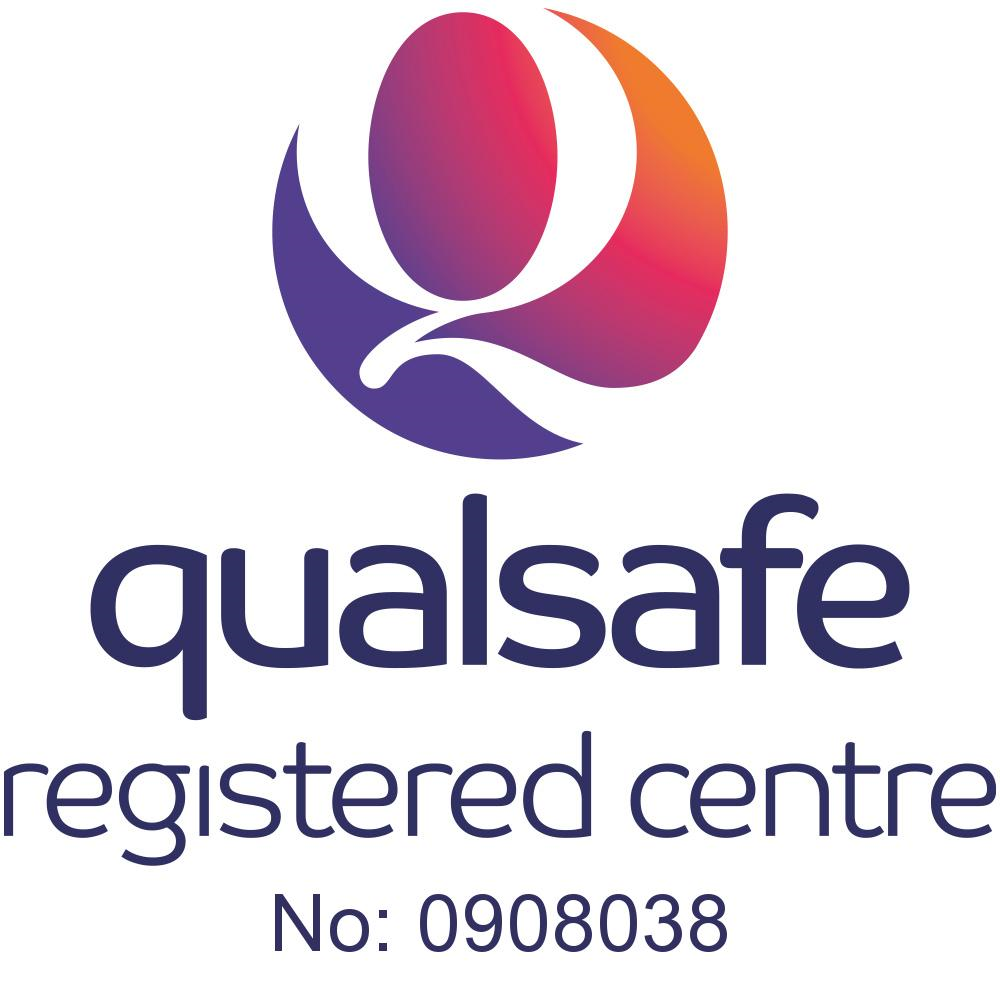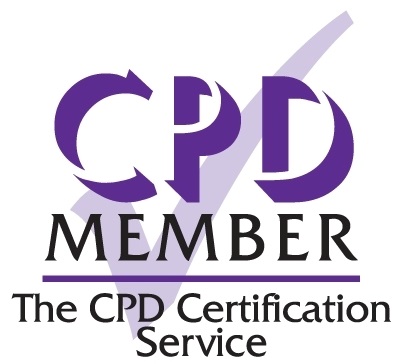1. Mastering the Care Certificate: What Every New Carer Should Know
Starting a career in healthcare or social care can be overwhelming, but the Care Certificate
provides essential knowledge and skills for new carers. The Care Certificate is a nationally
recognised training standard for healthcare and social care workers. It focuses on topics
such as communication, infection control, and safeguarding.
Every new carer should know that the Care Certificate is not just about completing a
checklist but about understanding the core principles of high-quality care. Key areas include
respecting individual preferences, maintaining dignity, and ensuring safety. By mastering the
Care Certificate, you’re laying the foundation for a successful career in health and social
care.
2. Top 10 Mistakes New Carers Make and How to Avoid Them
Starting a new job as a carer can be challenging, and making mistakes is a natural part of
the learning process. However, there are a few common mistakes that new carers often
make, which can be easily avoided with the right training and awareness.
Here are the top 10 mistakes new carers make:
1. Lack of communication with clients, families, and team members.
2. Not following protocols for infection control and safety.
3. Failing to document accurately and regularly.
4. Not asking for help when unsure about something.
5. Neglecting to maintain personal wellbeing, leading to burnout.
6. Assuming what the client wants instead of asking.
7. Ignoring safeguarding procedures, potentially compromising patient safety.
8. Not respecting clients’ preferences in care tasks.
9. Overlooking training updates and necessary professional development.
10. Failing to reflect on personal practice to improve care.
By staying focused on continuous learning and asking for support when needed, new carers
can avoid these common pitfalls and deliver high-quality care from the start.
3. The Importance of Accurate Record Keeping in Health & Social Care
Accurate record keeping is one of the most crucial responsibilities of a carer. Whether you’re
documenting patient observations, changes in conditions, or care plans, maintaining clear,
accurate, and timely records is essential for both patient safety and legal compliance.
Inaccurate or incomplete records can lead to miscommunication, safety risks, and legal
repercussions. For carers, it’s vital to ensure that:
- Records are completed promptly and without delay.
- Handwritten records are legible and clear.
- Electronic records are secure, and passwords are kept confidential.
- Details about medication are correctly documented.
Effective record keeping not only helps to deliver safe and personalised care but also
provides evidence that can be used for audits and assessments, ensuring that carers meet
regulatory standards.
4. Effective Communication Skills That Every Carer Should Learn
Communication is at the heart of effective care. Whether you’re working with patients,
families, or colleagues, strong communication skills are essential for understanding needs,
providing emotional support, and avoiding misunderstandings.
Some key communication skills for carers include:
- Active listening: Fully focusing on the speaker, understanding their message, and
responding thoughtfully. - Non-verbal communication: Understanding body language, facial expressions, and
gestures that complement verbal communication. - Clear and concise language: Avoiding jargon and using simple, clear words to
ensure understanding. - Empathy and compassion: Acknowledging and responding to emotional cues,
offering support, and providing comfort. - Cultural sensitivity: Respecting diverse backgrounds and adapting communication
methods accordingly.
By honing these communication skills, carers can build stronger relationships with those they
care for and ensure that they are providing the best support possible.
5. A Guide to Handling Information Safely in Care Settings
Handling information safely is a critical aspect of providing care. Carers must ensure that
confidential and sensitive data about patients or clients is protected from unauthorised
access or disclosure. Here’s how to do it:
1. Understand data protection laws: Familiarise yourself with laws like the Data
Protection Act 2018 and GDPR, which set out the rules for handling personal data.
2. Use secure systems: When storing information electronically, ensure you use
encrypted and password-protected systems to maintain confidentiality.
3. Minimise the sharing of personal information: Only share information that is
necessary for the care being provided, and always obtain consent before sharing.
4. Dispose of information correctly: When discarding records, ensure they are
securely destroyed, whether it’s physical paperwork or electronic data.
5. Be aware of breaches: If you suspect any data breaches, report them immediately
following your organisation’s protocol.
By following these practices, carers ensure the integrity and confidentiality of the information
they handle, which is essential for maintaining trust and complying with legal requirements.



